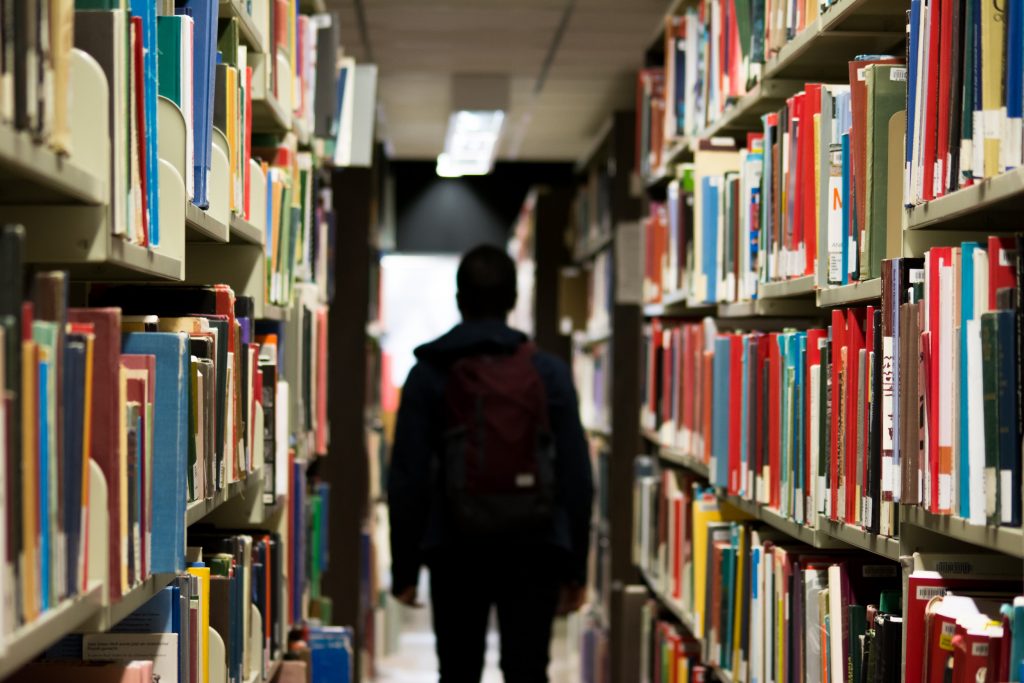The government has published the ‘for information’ copy of the Keeping Children Safe in Education 2018 that will come into force on 3rd September 2018 for schools and other registered settings and childminders (until then, use Keeping Children Safe in Education (2016)).
The headlines for the new statutory guidance include:
- Emphasis on supporting the needs of children with SEN and disabilities, those who were care leavers, and those children who were previously looked after, in the main those children are adopted children.
- Highlights issues surrounding peer-on-peer abuse, and indeed on sexual violence and sexual harassment.
- Each schools should have their own individual safeguarding policy and not just use a generic policy that isn’t specifically relevant to their procedures, community and setting.
- Settings should have procedures in place to protect children accessing the internet whilst at school and manage their mobile phone use.
- Assessing risk in children should include their social settings outside school – an evidence based consideration called contextual safeguarding.
- All settings should ensure they have at least two Emergency Contacts for Children.
- Settings should be creating individual plans in order to minimise the likelihood of challenging behaviour in individual children, and ensure that there is much less use of physical restraint, force and other restrictive methods.
- Multi-Academy Trusts don’t need to have separate Single Central Records for each school – but each school should be able to access their own SCR onsite.
- Settings will be required to complete a risk assessment for each volunteer to decide whether they need to do an enhanced DBS check or not.
- School managers who must have S128 Checks in Academies, Free Schools and Independent Schools are now specified to include governors/trustees, headteachers, members of the Senior Leadership Team and departmental heads.
- Schools are responsible for the safeguarding of their pupils when they’re placed in an alternative provision and should obtain a written statement from the provider that they have completed all the vetting and barring checks that are necessary on their staff.
- If children are staying with parents from overseas as part of an exchange they do need to have an enhanced DBS check. If there are other people in the family aged over 16, then the school can decide whether they will do an enhanced DBS check for those 16 and 17 year olds who live in the house.
- Peer on Peer Abuse and sexual violence and sexual harassment is a key safeguarding concern and strategies to address this concern must appear in the safeguarding policy.
- Sexual Violence and Sexual Harassment guidance has now been republished with a May 2018 date and summary of the document has now been included as Part 5, which gives it statutory status.
- Induction training, must now include the setting’s behaviour policy, procedures for managing children who are missing education, the staff code of conduct, and the child protection policy.
- Keeping Children Safe in Education Part 1 has to be read by all members of the staff; and for everyone working directly with children, they also need to read Annex A.
